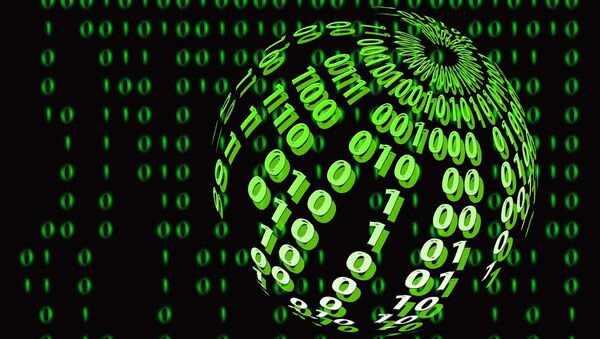The UK Government has been attempting to bring in a new law, allowing for the controlled and supervised interception of data communications — email, telephone, Internet browser and social media usage — ever since former CIA operative Edward Snowden revealed the extent of mass surveillance being carried out by British and US intelligence agencies.
The #SnoopersCharter is nearly law but this isn't the end of the road — we'll be watching the State as it watches us https://t.co/NFWHzXRExk
— Liberty (@libertyhq) November 1, 2016
First, after 2010, the UK Government tried to introduce the Communications Data Bill, which would force Internet and telephone communications companies to retain all communications data for a period of 12 months, so that the law enforcement agencies could access them in the aftermath of a terrorist attack or other crime. Although promoted by — then-interior minister Theresa May, a Conservative, it was not supported by her coalition partners, the Liberal Democrats and failed.
I don't want to have to explain to my son what privacy used to be.
— Cllr David A Elston (@ThyPirateDave) November 1, 2016
We need to destroy the Snoopers Charter.#snooperscharter #IPBill https://t.co/ndzLe3v51l
This was followed by a temporary measure — the Data Retention and Investigatory Powers Act 2014 (Dripa) — hurriedly brought in to allow the police and intelligence agencies to continue to collect data following a ruling by the European Court of Justice that previous data collection had been unlawful.
With the new Snoopers' Charter, the government will:
— Matthijs Pontier (@Matthijs85) November 2, 2016
— Log and store your internet history
— Hack your phone, laptophttps://t.co/kdinX5jGX9 pic.twitter.com/BdSfr3Vq0G
'Tick Boxes'
The latest piece of legislation — the Investigatory Powers Bill (soon to be Act) — claims to have check and balances that prevent to bulk collection of data without proper independent oversight, using a "double lock" system that will require a judge to authorize the use of surveillance powers. However, critics say this is purely a "tick box" exercise.
"When it comes into law, the Snoopers' Charter will provide the intelligence services with mass surveillance powers, allowing them to listen in on our communications and hack our devices on an industrial scale," Sara Ogilvie, policy officer for human rights group Liberty said.
"The Home Office has boasted that its 'double lock' system will require a judge to authorize the use of surveillance powers. But in reality the judge will simply check correct procedures were followed, rather than come to their own independent decision.
"The power to decide whether to spy on a member of the public — or, more realistically, on all members of the public all of the time — will lie firmly with the Home Secretary."
RECAP: Theresa May’s #SnoopersCharter is a ‘death sentence’ for investigative journalism, writes @rebecca_vincent https://t.co/ukWkrgiVWQ pic.twitter.com/MY2R3Oc1U3
— Left Foot Forward (@LeftFootFwd) 1 November 2016
"Communications companies will be forced to store every person's internet browsing history. These logs will be made available to a huge number of public authorities, creating vast databases of private information — a honeypot for hackers," she said.
Liberty believes that the proposed legislation still falls short of the requirements of the European Court of Justice ruling of July 2015, which said that courts must "rigorously verify" that there is no other less intrusive measure — such as targeted retention — that can be as effective in fighting serious crime.
Critics say it will not be long before the Snoopers' Charter faces another legal challenge.




